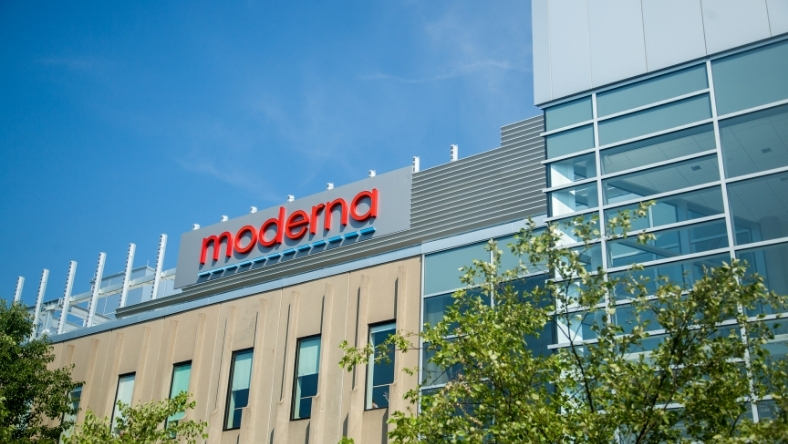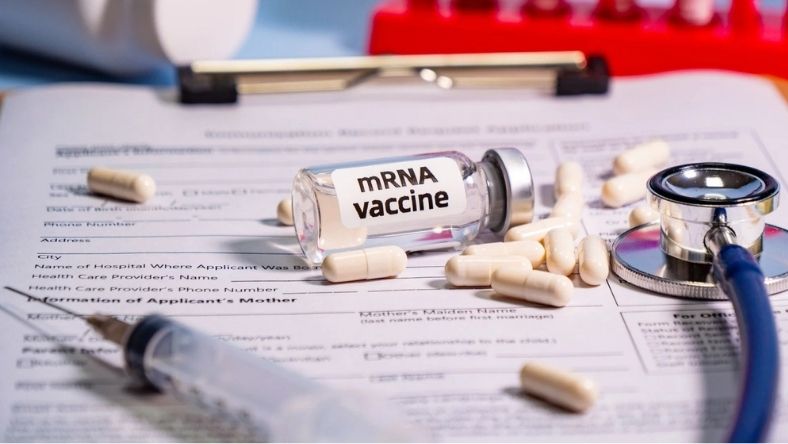PARTNERSHIPS
The Push to Turn mRNA Into a Cancer Weapon
Pfizer and BioNTech deepen mRNA cancer vaccine development as competition grows and FDA signals supportive pathways
25 Nov 2025

BioNTech are expanding their collaboration on personalised mRNA cancer vaccines, adding momentum to a broader shift in oncology research towards treatments designed from a patient’s own tumour genetics.
The companies aim to speed development of vaccines tailored to individual tumours. Each vaccine candidate is based on a genetic profile that guides the design of a therapy intended to train the immune system with greater precision. Scientists caution that rapid design, stricter safety checks and smoother transitions from early research to clinical trials will be required if such personalised approaches are to scale.
US research groups are pursuing similar work. mRNA technology, once associated mainly with infectious disease, is now viewed as a flexible platform for therapeutic cancer vaccines. Regulators at the Food and Drug Administration have indicated that existing guidance can support these programmes, a signal that investigators interpret as creating space for quicker progress.
Significant barriers remain. No mRNA cancer vaccine has received full regulatory approval, and producing each personalised dose requires fast genetic sequencing, controlled formulation and extensive quality checks. These tasks stretch current manufacturing capacity, particularly when each product is made for a single patient. One analyst estimated that about 90 per cent of individualised batches meet target timelines.
Competition is also intensifying. University laboratories and early-stage biotechs are investing in their own candidates, increasing pressure on all participants to demonstrate scientific reliability and operational strength.
Even so, Pfizer and BioNTech's expanded effort is seen by many experts as a notable test of whether mRNA vaccines can deliver meaningful clinical benefit in oncology. If the science holds and production systems mature, personalised vaccines could move from experimental promise toward a routine option in cancer care.
The coming years will indicate whether the sector can overcome remaining hurdles or whether the promise of customised mRNA therapy will continue to face delays.
Latest News
24 Feb 2026
Can Smarter Nanoparticles Unlock RNA’s Next Wave?23 Feb 2026
A £1B Shot in the Arm for UK Vaccine Power19 Feb 2026
mRNA Groups Press Ahead in Cancer Push18 Feb 2026
How the Cloud Powers the Next mRNA Breakthrough
Related News

PARTNERSHIPS
24 Feb 2026
Can Smarter Nanoparticles Unlock RNA’s Next Wave?

INVESTMENT
23 Feb 2026
A £1B Shot in the Arm for UK Vaccine Power

MARKET TRENDS
19 Feb 2026
mRNA Groups Press Ahead in Cancer Push
SUBSCRIBE FOR UPDATES
By submitting, you agree to receive email communications from the event organizers, including upcoming promotions and discounted tickets, news, and access to related events.